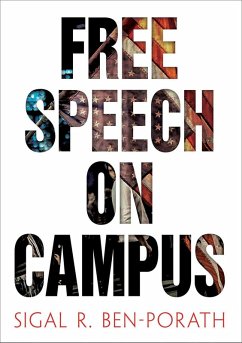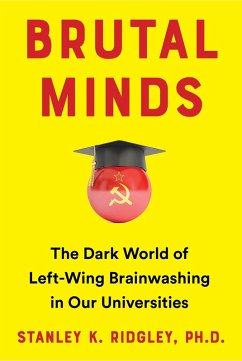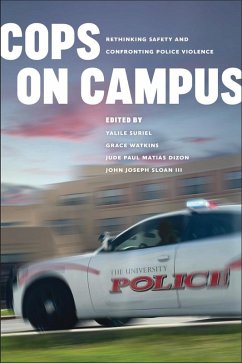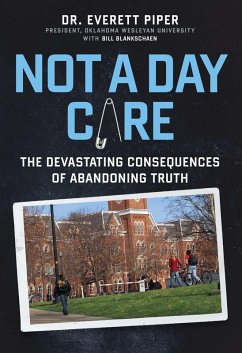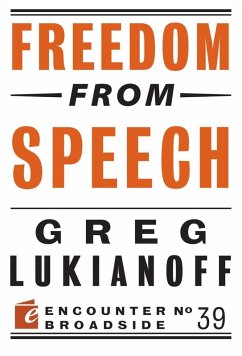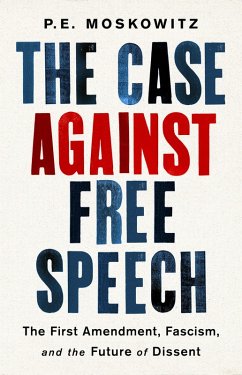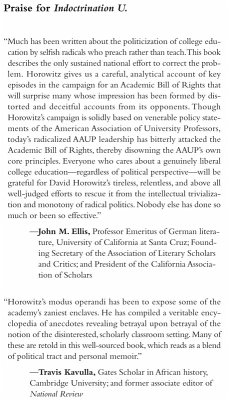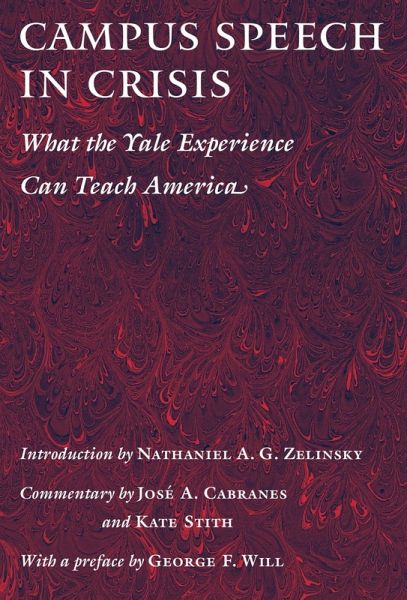
Campus Speech in Crisis (eBook, ePUB)
What the Yale Experience Can Teach America
Kommentar: Cabranes, José A.; Stith, Kate

PAYBACK Punkte
1 °P sammeln!
Free speech is in crisis on America's campuses. Rather than refute an idea with which he disagrees, today's college student demands censorship. At the slightest hint of offense, the weak-willed administrator complies and disinvites a speaker while a close-minded protestor disrupts a lecture. This disturbing trend threatens the very purpose of education, to expose the mind to various points of view. The sad message today's students learn: shouting delivers results. This short booklet offers a timeless defense of free expression, first authored at Yale University in 1975 and all too relevant in ...
Free speech is in crisis on America's campuses. Rather than refute an idea with which he disagrees, today's college student demands censorship. At the slightest hint of offense, the weak-willed administrator complies and disinvites a speaker while a close-minded protestor disrupts a lecture. This disturbing trend threatens the very purpose of education, to expose the mind to various points of view. The sad message today's students learn: shouting delivers results. This short booklet offers a timeless defense of free expression, first authored at Yale University in 1975 and all too relevant in the current climate. Like many higher education institutions then and now, Yale had faced protest and censorship. In response to that free speech crisis, a faculty-student committee chaired by renowned historian C. Van Woodard composed the "Woodward Report." Its wonderful prose boldly defends the right for all to "think the unthinkable, discuss the unmentionable, and challenge the unchallengeable." The Woodard Report is a model for all those who seek to stand up for the civil exchange of ideas and against the forces of censorship. In addition the Woodard Report itself, readers will find an introduction contextualizing the report's history and exegesis of the text by Judge José A. Cabranes and Yale School Professor Kate Stith.
Dieser Download kann aus rechtlichen Gründen nur mit Rechnungsadresse in A, D ausgeliefert werden.




